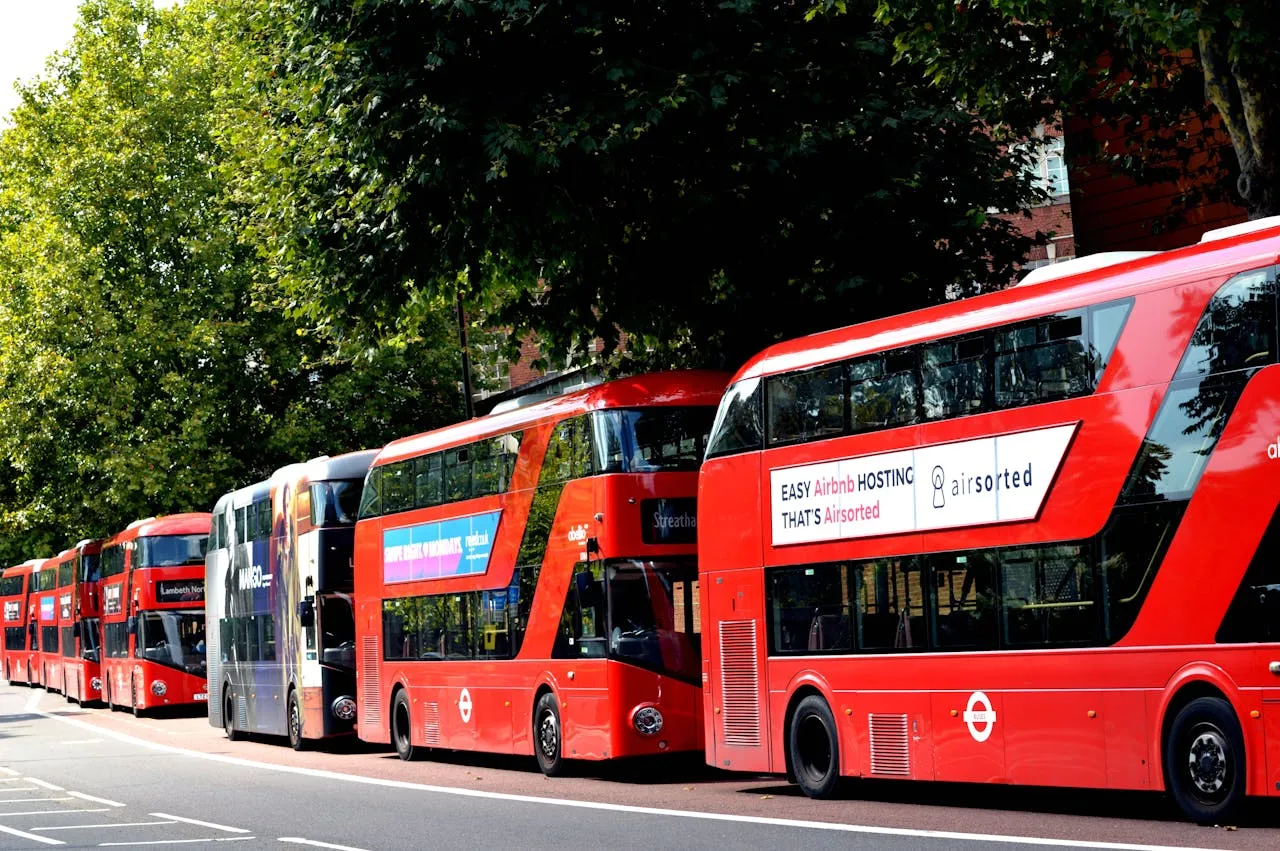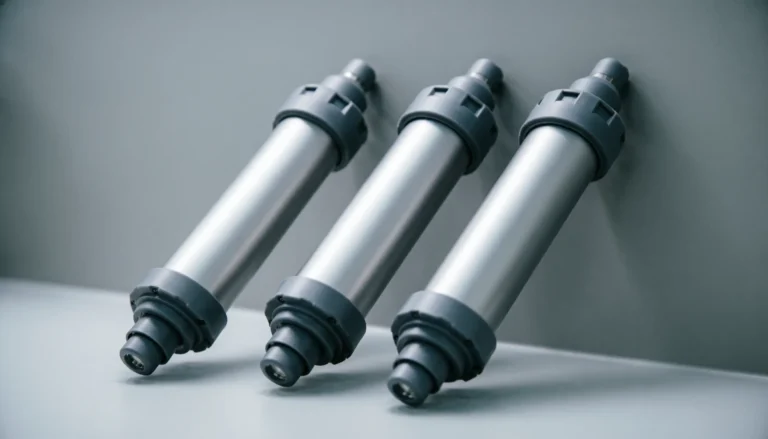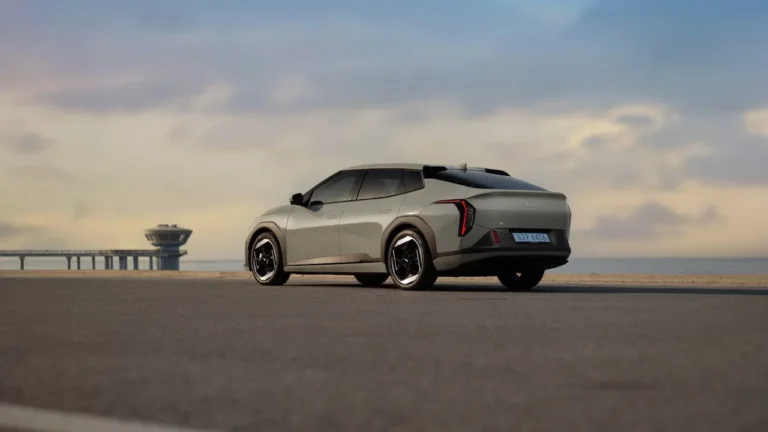
Daimler Buses and SSB Reach Milestone in Stuttgart with New Electric Bus Charging Infrastructure
Leinfelden-Echterdingen/Stuttgart – Stuttgart has taken a decisive step toward a cleaner and more sustainable public transport system. On 4 September 2025, Stuttgarter Straßenbahnen AG (SSB) officially inaugurated a state-of-the-art charging infrastructure at its Stuttgart-Möhringen bus depot. The facility, which will serve as the backbone for the city’s electric bus operations, represents a significant milestone in the transition to fully electric scheduled services in the city center.
The launch event brought together prominent figures from local politics, industry, and SSB management. Among those in attendance were representatives from Daimler Buses, SSB leadership, and Baden-Württemberg’s Minister of Transport, Winfried Hermann, underscoring the importance of this achievement for the city and the wider region.
A Turnkey Charging Solution
The charging installation in Möhringen consists of 28 charging points, each with a charging capacity of up to 180 kW. Daimler Buses acted as the general contractor, overseeing the project from start to finish. This included not only the delivery of the charging hardware but also the coordination of steel construction, electrical work, and software integration. Key partners in the project included Daimler Buses Solutions GmbH, Omexom, and Power Electronics.
The project received strong backing from the state of Baden-Württemberg, which provided around 13 million euros in funding under the German State Municipal Transport Financing Act (LGVFG). This financial support reflects the government’s commitment to advancing sustainable urban mobility and reducing carbon emissions in major metropolitan areas.
Till Oberwörder, CEO of Daimler Buses, described the project as particularly meaningful, given its proximity to the company’s headquarters. “With our complete package of charging points, electric buses, and services, we are helping SSB accelerate electrification in Stuttgart. This is not only a boost for our metropolitan region but also a model for other cities across Europe,” he explained.
SSB’s Vision for a Greener Stuttgart
Thomas Moser, Chair of the Board and Technical Board of SSB, highlighted the broader significance of the shift to electric mobility. “The state capital of Stuttgart has set itself the ambitious goal of operating emission-free electric buses on all inner-city routes by 2027. For SSB, this represents the largest transformation in nearly a century of scheduled bus service. Replacing 80 diesel buses with new electric models, combined with modern charging systems, is a strong signal of our dedication to future-oriented, environmentally friendly public transport,” Moser stated.
Large-Scale Bus Deliveries Underway
Daimler Buses has already begun delivering vehicles to support the transition. By April 2025, SSB had received ten battery-electric Mercedes-Benz eCitaro G articulated buses and ten eCitaro G fuel cell buses. These feature the advanced NMC3 battery generation, cutting-edge safety systems, and high-comfort passenger amenities. The fuel cell models, which can also run on pure hydrogen, are equipped with four high-voltage battery packs and six hydrogen tanks, offering flexibility and extended driving ranges.
By October 2026, Daimler Buses will deliver an additional 43 vehicles to SSB. These include solo buses, articulated buses, and further fuel cell variants—some outfitted with the next-generation NMC4 batteries. This phased delivery will gradually expand Stuttgart’s electric fleet and ensure operational reliability.
Smart and Efficient Charging
The new Möhringen depot is designed to simultaneously charge up to 28 buses overnight, with the option to accommodate daytime charging as well. The system uses a “panto down” method, where pantographs installed on the charging frame lower onto contact rails on the bus roofs.
With charging voltages reaching up to 720 volts and a power output of 180 kW, the system ensures efficient charging cycles. For instance, the eCitaro G articulated buses boast seven high-voltage battery packs with a combined capacity of up to 686 kWh. This allows ranges of up to 200 kilometers on a single charge. The integrated load management system optimizes charging schedules, balancing fleet availability with energy efficiency.
Comprehensive Service Package
Beyond installation, Daimler Buses will provide ongoing support through a three-year service and maintenance contract. This includes a 24/7 hotline, spare parts supply, annual safety checks, and compliance with German Social Accident Insurance (DGUV) regulations. Importantly, the charging management system can function autonomously and is accessible both locally and via the cloud, ensuring seamless operations for SSB.
Expansion to Stuttgart-Gaisburg
The Möhringen depot is only the beginning. Daimler Buses is currently building another major charging installation at the SSB depot in Stuttgart-Gaisburg. This facility will house 37 charging points, 33 of which use inverted pantographs and four with CCS2 plug-in charging. The first stage of this project is expected to go live in late autumn 2025. When completed, the combined capacity of the Möhringen and Gaisburg depots will allow SSB to charge up to 65 buses overnight.
In addition to depot infrastructure, SSB is planning the rollout of intermediate charging stations along select city routes to further support operational flexibility.
Significant State Support
The state government has committed more than 24 million euros to support the charging facilities at Möhringen and Gaisburg. Furthermore, an additional 3 million euros in grants has been allocated for the procurement of new electric buses in 2025. This strong financial commitment is expected to accelerate Stuttgart’s transition to a sustainable public transport system and contribute significantly to the city’s climate protection goals.




